Learning to Let Go
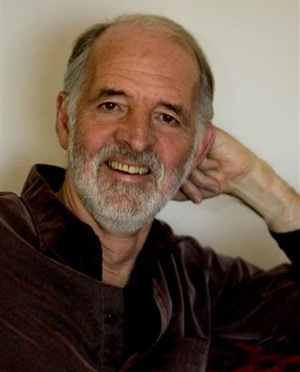
“Meditation provides a way of learning how to let go. As we sit, the self we’ve been trying to construct and make a nice, neat package continues to unravel.”
–John Welwood (American Psychologist, Psychotherapist, Writer and Teacher on Psychospirituality, 1943-)
Activity and Contemplation

“Those who are more adapted to the active life can prepare themselves for contemplation in the practice of the active life, while those who are more adapted to the contemplative life can take upon themselves the works of the active life so as to become yet more apt for contemplation.”
–Saint Thomas Aquinas (Italian Dominican Friar, Theologian and Philosopher, 1225-1274)

“Introduction To Saint Thomas Aquinas” (Thomas Aquinas, Anton C. Pegis)
Before You Try to Meditate
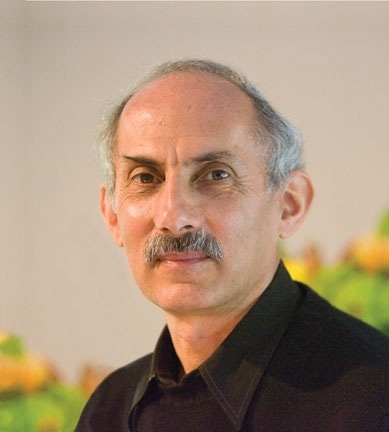
Anyone who has taught any form of meditation, t’ai chi ch’uan or one of the many other spiritual paths knows that this is absolutely true:
“All too often the mistaken belief that enough sincere practice of prayer or meditation is all that is needed to transform their lives has prevented teachers and students from making use of the helpful teachings of Western psychology. In an unfortunate way, many students of Eastern and Western spirituality have been led to believe that if they experience difficulties, it is simply because they haven’t practiced long enough or somehow have not been practicing according to the teachings. . . .
In truth, the need to deal with our personal emotional problems is the rule in spiritual practice rather than the exception. At least half of the students at our annual three-month retreat find themselves unable to do traditional Insight Meditation because they encounter so much unresolved grief, fear, and wounding and unfinished developmental business from the past that this becomes their meditation.”
–Jack Kornfield (American Meditation Teacher in the Theravadan Buddhist Tradition, 1945-)
The Simplest Meditation
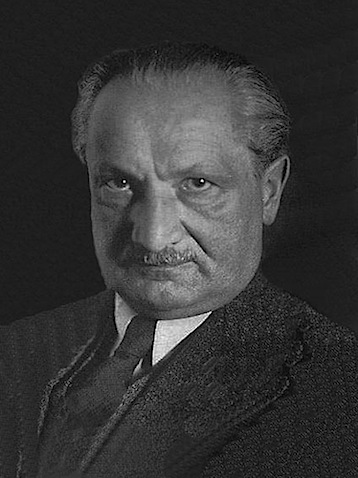
“Meditative thinking need by no means be “high-flown.” It is enough if we dwell on what lies close and meditate on what is closest; upon that which concerns us, each one of us, here and now; here, on this patch of home ground; now, in the present hour of history.”
–Martin Heidegger (German Philosopher, 1889-1976)
The Path To The Golden Center
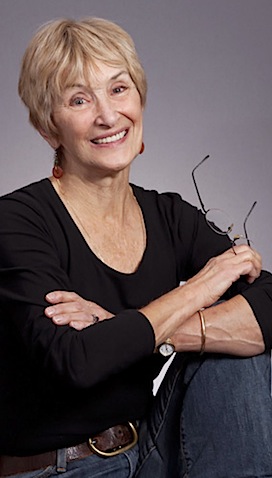
“All types of meditation…lead to the same golden center, for at the mystical level all religions have more in common than they differ, and all derive from the same source and long for the same goal.”
–Sophy Burnham (American Writer and Speaker, 1936-)

“The Ecstatic Journey – The Transforming Power of Mystical Experiences” (Sophy Burnham)
Beginning To Meditate
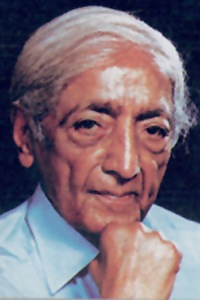
“The soil in which the meditative mind can begin is the soil of everyday life, the strife, the pain, and the fleeting joy. It must begin there, and bring order, and from there move endlessly. But if you are concerned only with making order, then that very order will bring about its own limitation, and the mind will be its prisoner. In all this movement you must somehow begin from the other end, from the other shore, and not always be concerned with this shore or how to cross the river.
You must take a plunge into the water, not knowing how to swim. And the beauty of meditation is that you never know where you are, where you are going, what the end is.”
–Jiddu Krishnamurti (Indian Spiritual Teacher, 1895-1986)
The Purpose of Practice
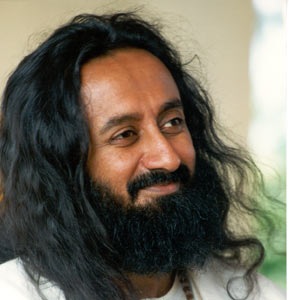
“The purpose of every practice — spiritual practice, meditation, breathing techniques, and kriya, all this — is to uncover something that blocks the expression of Divine Love.”
–Sri Sri Ravishankar (Indian Spiritual Teacher and, in 1982, Founder of the Art of Living Foundation and the International Association for Human Values, 1956-)
Barriers to Spiritual Practice

Anyone who has taught any type of meditative discipline – including yoga and t’ai chi has quickly discovered that the biggest barriers to making progress have nothing at all to do with the practice itself, but comes instead from all the unresolved issues that people bring with them. They may be physical, psychological, social and/or energetic. That is one of the reasons why it is so important to work with guides and teachers who can help to address the “whole of you.”
Much as I value CDs and DVDs that can teach you the basics of different techniques – particularly for folk who cannot go to a class or workshop – there is often a limit to how far you can go without a competent guide.
Here a teacher whom I respect highly has a few words to say about one aspect of the challenge that we all face:
“All too often the mistaken belief that enough sincere practice of prayer or meditation is all that is needed to transform their lives has prevented teachers and students from making use of the helpful teachings of Western psychology.
In an unfortunate way, many students of Eastern and Western spirituality have been led to believe that if they experience difficulties, it is simply because they haven’t practiced long enough or somehow have not been practicing according to the teachings. . . .
In truth, the need to deal with our personal emotional problems is the rule in spiritual practice rather than the exception.
At least half of the students at our annual three-month retreat find themselves unable to do traditional Insight Meditation because they encounter so much unresolved grief, fear, and wounding and unfinished developmental business from the past that this becomes their meditation.”
–Jack Kornfield (American Meditation Teacher in the Theravadan Buddhist Tradition, 1945-)
Meditation to Overcome Fear
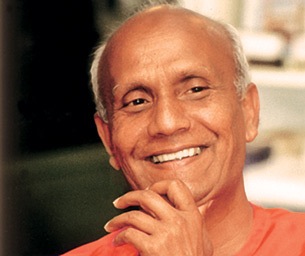
“Meditation is the only way to overcome fear. There is no other way. Why does meditation help us overcome fear? In meditation we identify ourselves with the vast, with the Absolute. When we are afraid of someone or something, it is because we do not feel that particular person or thing is a part of us. When we have established conscious oneness with the Absolute, with the Infinite Vast, the everything there is part of us. And how can we be afraid of ourselves?”
–Sri Chinmoy (a.k.a. Chinmoy Kumar Ghose, Indian Philosopher and Spiritual Teacher, 1931-2007)
Rising Above the Material World

“If the intellect has not risen above the contemplation of the created world, it has not yet beheld the realm of God perfectly. For it may be occupied with the knowledge of intelligible things and so involved in their multiplicity.”
–Evagrios the Solitary (a.k.a. Evagrius Ponticus, Pontus-born Christian Mystic, Writer and “Desert Father,” c.346-399) Illusion
{On Prayer: “Philokalia Vol. 1”, p. 62, text 58}

“The Philokalia Vol 1: 001” (G.E.H. Palmer, Kallistos Timothy Ware, Philip Sherrard)







